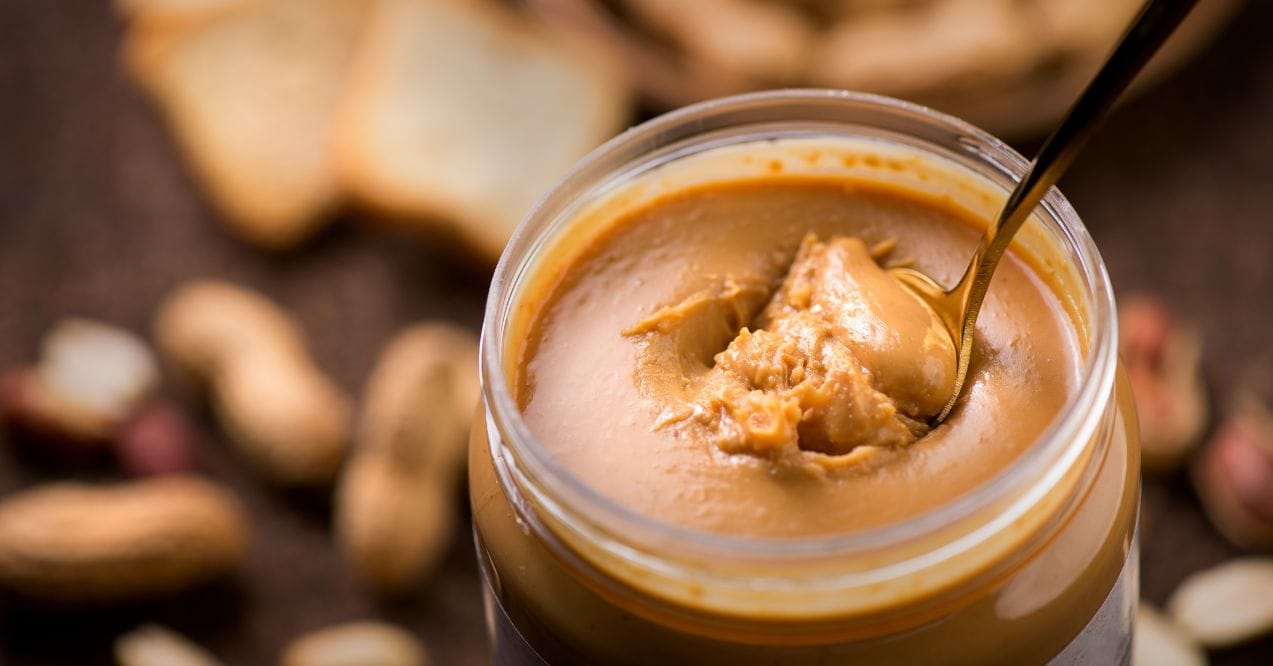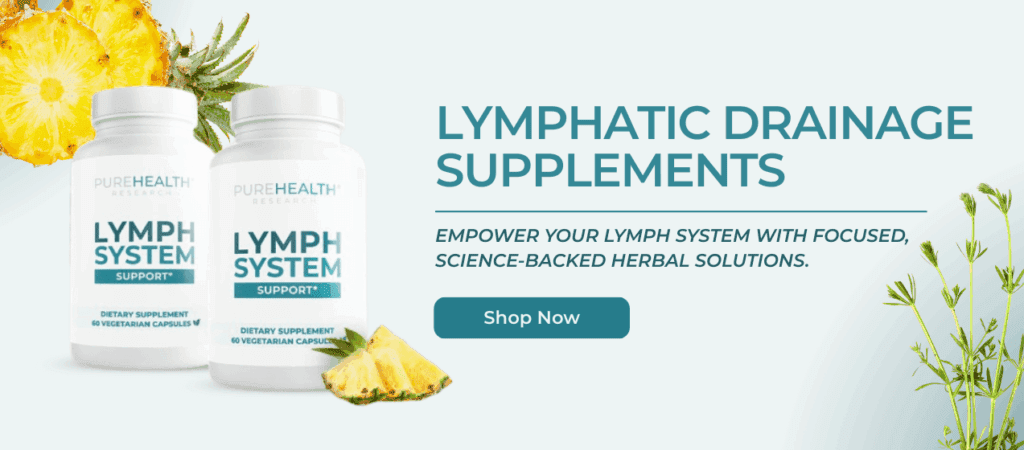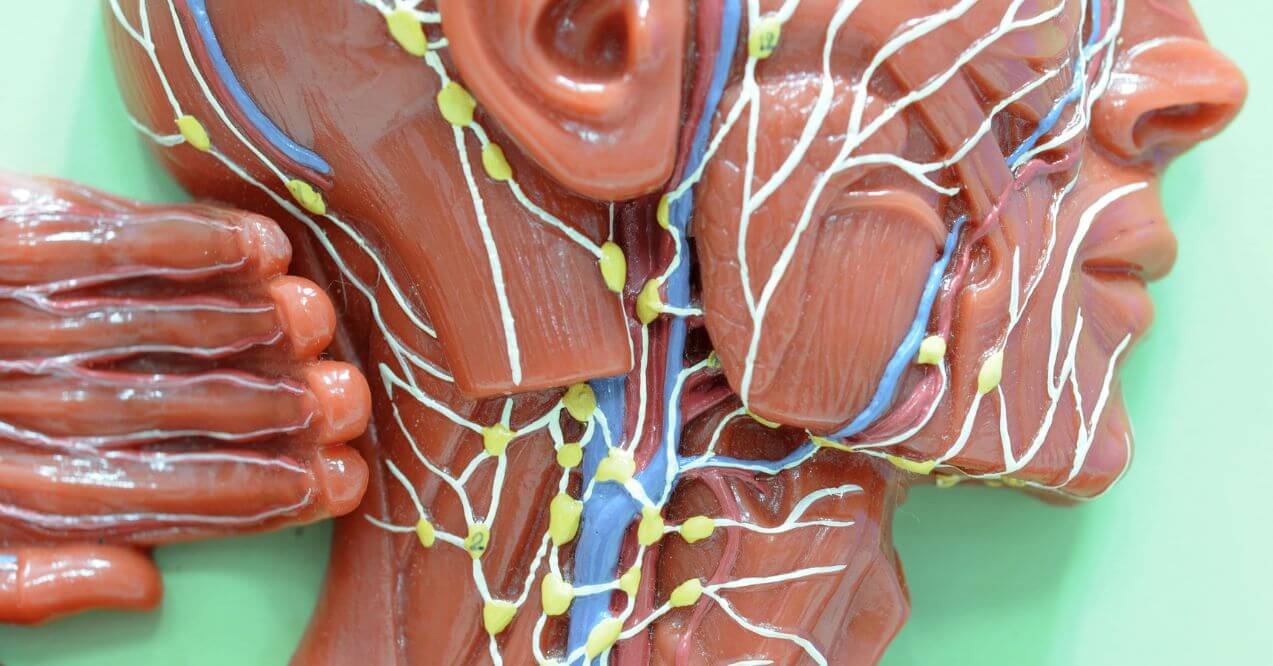Peanut Butter and Lymphedema: Can Peanuts Help With Swelling?
Peanut butter lovers take note! Discover the surprising wellness connection between peanut butter and lymphedema.


Peanut butter and lymphedema may seem like an unlikely pair, but this popular spread offers nutritional benefits worth noting. The creamy staple found in many homes contains a wealth of nutrients that contribute to overall health and wellness.
A balanced diet supports overall wellness, and peanut butter provides beneficial nutrients that contribute to general health. This article explores whether peanut butter can benefit those seeking to support lymphatic health, and outlines optimal eating strategies for those aiming to maintain comfort and mobility.
Peanut Butter and Lymphedema: Does It Really Work?

While no food can single-handedly address health challenges, peanut butter offers nutritional value that supports general wellness. Current research hasn’t established a direct link between peanut consumption and reduced swelling.
However, the nutritional components in peanut butter contribute to maintaining various bodily functions that impact overall health. When considering peanut butter and lymphedema together, it’s important to view this food as part of a balanced eating plan that provides several nutrients supporting tissue function and fluid balance.
1. Tissue Support
Peanut butter provides about 8 grams of protein per 2-tablespoon serving. This plant-based protein supports muscle maintenance and tissue health. For adults managing fluid balance issues, adequate protein intake helps maintain the structural integrity of tissues throughout the body, potentially supporting comfort and mobility during daily activities.
2. Nutrient Absorption
The monounsaturated and polyunsaturated fats in peanut butter assist with the absorption of fat-soluble vitamins A, D, E, and K. These vitamins play roles in maintaining cellular health and function. Additionally, these healthy fats promote satiety, which helps with portion control and maintaining a balanced weight—factors that can influence overall comfort and mobility.
3. Fluid Stability
Peanut butter contains magnesium and potassium, minerals that participate in fluid regulation within the body. Potassium works with sodium to maintain fluid balance inside and outside cells. Magnesium supports muscle function and participates in hundreds of biochemical reactions throughout the body, contributing to overall wellness and comfort.
4. Antioxidant
Each serving of peanut butter provides vitamin E, a potent antioxidant that helps protect cells from damage. This protection may contribute to overall tissue health and resilience. The antioxidant properties support the body’s natural maintenance processes.
For those seeking to expand their wellness routine with plant-based ingredients, lymph system supplements can complement peanut butter’s vitamin E for comprehensive nutritional support.
Explore our collection of supplements for lymphatic system health. Formulated to maintain fluid balance, support circulation, and promote whole-body wellness naturally. Discover it now!

Potential Negatives of Peanut Butter

Despite its nutritional benefits, peanut butter has some considerations to keep in mind. Not all peanut butter varieties offer the same health value, and individual responses vary. When evaluating peanut butter and lymphedema considerations, it’s important to be aware of certain factors that might affect how this food fits into your personal health plan.
1. Sodium Content
Commercial peanut butter often contains added salt, with some brands providing up to 150mg of sodium per serving. This added sodium may influence fluid balance in some individuals. Choosing natural, unsalted varieties gives you greater control over your sodium intake, which is an important consideration for those monitoring their fluid balance and overall comfort.
2. Caloric Density
At approximately 190 calories per 2-tablespoon serving, peanut butter is calorie-dense. When discussing peanut butter and lymphedema, portion control becomes an important factor to consider. Being mindful of serving sizes helps prevent unintentional excess calorie intake. A helpful approach is using measuring spoons rather than estimating, as it’s easy to consume more than intended. Maintaining awareness of portion sizes supports overall balance in your eating plan.
3. Allergies
Peanut allergies affect approximately 1% of adults in the United States. If you experience any adverse reactions after consuming peanut products, discontinue use and consult a healthcare professional. Alternative options like sunflower seed butter, almond butter, or cashew butter provide similar nutritional benefits for those with peanut sensitivities.
4. Quality of Ingredients
Many commercial peanut butters contain added sugars, hydrogenated oils, and preservatives. These additives offer little nutritional value and may counteract potential health benefits. Selecting natural peanut butter with minimal ingredients—ideally just peanuts and perhaps a small amount of salt—provides the most nutritional value without unwanted additives. While making thoughtful choices about peanut butter, you might also want to learn about other worst foods for lymphatic system to further support your overall wellness plan.
Why Peanut Butter Is a Healthy Addition to Your Diet
Peanut butter offers a combination of macronutrients and micronutrients that provides sustenance and nutritional value in a convenient form. When examining peanut butter and lymphedema from a nutritional perspective, the versatility of peanut butter makes it easy to incorporate into various meals and snacks, from morning toast to afternoon apple slices or evening sauces for vegetable dishes. Peanut butter can also fit into a well-rounded lymphedema diet, which focuses on supporting lymphatic health, fluid balance, and overall well-being.
To recap, peanut butter contains these beneficial components:
- Protein – Each 2-tablespoon serving provides about 8 grams of plant-based protein, supporting tissue structure and function throughout the body.
- Healthy Fats – The monounsaturated and polyunsaturated fats in peanut butter contribute to cellular health and help you feel satisfied after eating, which aids in maintaining a balanced approach to nutrition.
- Fiber – With approximately 2 grams of fiber per serving, peanut butter supports digestive function, which plays a role in the body’s natural waste removal processes.
- Vitamins & Minerals – Peanut butter provides vitamin E for cellular protection, magnesium for muscle function, and potassium which participates in fluid balance regulation.
For additional natural approaches to wellness, explore these Herbs for Lymphatic System.
Final Thoughts
Peanut butter offers nutritional value that can complement a wellness-focused eating plan, though it’s not specifically targeted at addressing swelling issues. The relationship between peanut butter and lymphedema continues to interest those seeking natural approaches to wellness. The protein, healthy fats, and minerals peanut butter contains support overall bodily functions when consumed as part of a varied diet rich in fruits, vegetables, whole grains, and lean proteins.
Maintaining fluid comfort involves multiple lifestyle factors, including staying properly hydrated, engaging in gentle movement as appropriate for your abilities, and making mindful food choices. The lymphatic system extends throughout the body—from nodes near the ears to pathways in the limbs—so a whole-body approach to wellness is beneficial. While peanut butter can be part of this holistic approach, it works best when incorporated into an overall plan focused on wellness.
For personalized guidance on how nutrition might support your specific needs, consulting with a qualified nutrition professional offers valuable insights tailored to your individual situation.
Yes, peanut butter can be included in a balanced diet for individuals managing lymphedema. Opt for natural, low-sodium varieties and be mindful of portion sizes. The nutrients in peanut butter support overall wellness, though they don’t specifically target swelling.
No scientific evidence directly links peanut butter to reduced swelling. However, its nutritional profile supports general wellness. A comprehensive approach to managing swelling typically includes various lifestyle factors beyond any single food choice.
Nuts provide protein, healthy fats, and various nutrients that support overall health. While not specifically targeting lymphedema, they can be part of a nutritious eating plan that supports general wellness. Choosing unsalted varieties helps manage sodium intake.
Peanuts contain antioxidants like resveratrol, but research has not established a direct link between peanut consumption and reduced inflammation related to lymphatic function.
Sign up for our Healthy Living newsletter!
Advertisement. This site offers health, wellness, fitness and nutritional information and is designed for educational purposes only. You should not rely on this information as a substitute for, nor does it replace, professional medical advice, diagnosis, or treatment. If you have any concerns or questions about your health, you should always consult with a physician or other health-care professional. Do not disregard, avoid or delay obtaining medical or health related advice from your health-care professional because of something you may have read on this site. The use of any information provided on this site is solely at your own risk.










